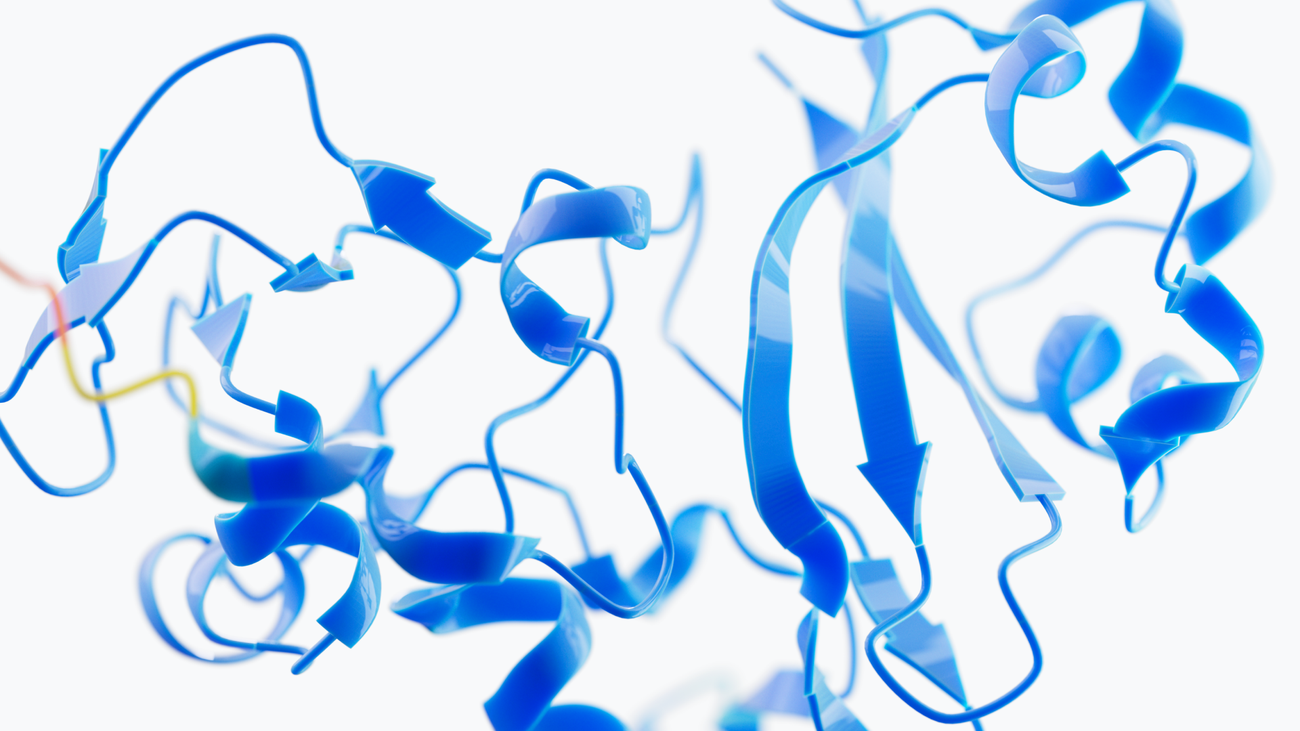Breakthrough in Chemistry: AlphaFold and the Nobel Prize
In an exciting development for the scientific community, Sir Demis Hassabis, Co-founder and CEO of Google DeepMind and Isomorphic Labs, along with Dr. John Jumper, Director at Google DeepMind, have been honored with the 2024 Nobel Prize in Chemistry. They share this prestigious recognition for their revolutionary work on AlphaFold, an artificial intelligence (AI) system that accurately predicts the three-dimensional structure of proteins based on their amino acid sequences. This achievement is shared with David Baker, who has been recognized for his contributions to computational protein design.
Understanding the significance of this accomplishment requires a brief dive into the complexities of protein structures. Proteins, often referred to as the building blocks of life, are essential to virtually all biological processes. The function of a protein is determined by its three-dimensional shape, which is dictated by the sequence of amino acids it comprises. Predicting the exact shape from this sequence used to be a daunting task, one that was labor-intensive and time-consuming.
The Revolutionary Impact of AlphaFold
AlphaFold has transformed this landscape. By employing sophisticated AI algorithms, AlphaFold predicts protein structures with remarkable accuracy and speed. These predictions are accessible to researchers worldwide through the AlphaFold Protein Structure Database, facilitating new discoveries and advancements in various scientific fields. Since its inception, this database has been a valuable resource for over 2 million scientists from 190 countries, underscoring its global impact.
The pivotal AlphaFold 2 paper, published in 2021, has become one of the most-referenced scientific publications, highlighting the widespread recognition and reliance on this technology within the scientific community.
Recognizing Excellence: Awards and Accolades
AlphaFold’s profound contributions to science and medicine have not gone unnoticed. The project has received several prestigious awards, such as the 2023 Albert Lasker Basic Medical Research Award, the 2023 Breakthrough Prize in Life Sciences, the 2023 Canada Gairdner International Award, the 2024 Clarivate Citation Laureate award, and the 2024 Keio Medical Science Prize Award. These accolades validate the monumental impact of AlphaFold on both the scientific community and the broader field of AI.
Artificial Intelligence in Scientific Research
The success of AlphaFold is a testament to the burgeoning potential of AI in scientific research. AI has been instrumental in various applications, including data analysis, experimental simulations, drug design, and the modeling of complex systems. By leveraging AI, scientists are continually discovering innovative solutions to longstanding problems, expanding the boundaries of our knowledge.
The Promise of Future Discoveries
The integration of AI in scientific research is still in its early stages, yet it holds immense promise for the future. As more researchers embrace AI technologies, the scientific community can anticipate a wave of foundational breakthroughs. These advancements will not only enhance our understanding of life’s building blocks but will also drive innovation in medicine, environmental science, and numerous other fields.
Good-to-Know: The Science Behind AlphaFold
For those unfamiliar with the technicalities, AlphaFold operates by utilizing deep learning, a subset of AI that mimics the workings of the human brain to process data and create patterns for decision-making. Specifically, AlphaFold uses neural networks to predict the spatial arrangement of atoms within a protein molecule. This process involves analyzing vast datasets of known protein structures and learning the complex rules that dictate how these molecules fold.
The Broader Implications of Protein Folding
Understanding protein structures is vital for multiple reasons. It aids in the development of new pharmaceuticals, the creation of enzymes for industrial applications, and the study of diseases caused by protein misfolding, such as Alzheimer’s and Parkinson’s. The ability to predict protein structures swiftly and accurately, as AlphaFold does, accelerates research in these areas and opens up new avenues for therapeutic interventions.
Community and Scientific Reactions
The scientific community has lauded AlphaFold as a game-changer. Researchers across various disciplines have expressed excitement about the possibilities it presents for accelerating research and solving complex biological problems. The Nobel Prize award not only acknowledges the technical brilliance behind AlphaFold but also highlights the collaborative efforts that have made such innovations possible.
Conclusion: A New Era in Scientific Discovery
The awarding of the Nobel Prize to Sir Demis Hassabis, Dr. John Jumper, and David Baker marks a significant milestone in the application of AI to scientific research. AlphaFold stands as a shining example of how technology can be harnessed to push the boundaries of human knowledge. As AI continues to evolve and integrate into scientific methodologies, we can expect even greater discoveries that will shape the future of science and medicine.
For those interested in delving deeper into the technology and its implications, the original announcement and further details can be explored on the Google DeepMind Blog. As we move forward, the intersection of AI and science promises a thrilling journey of innovation and discovery.
For more Information, Refer to this article.
































